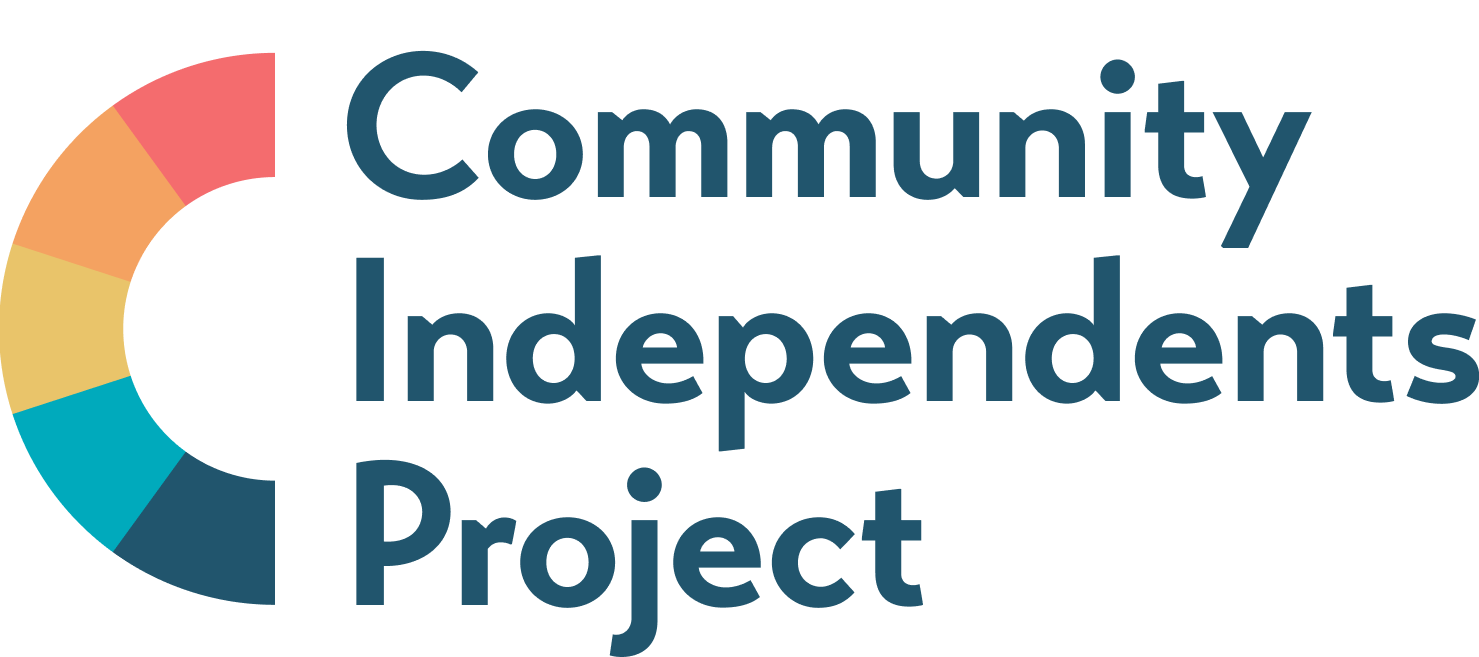Starting and growing a community group
If a community electorate group doesn’t already exist, and having connected with other like-minded people, the next step is starting a community group.
“I’ll always remember starting our community group as our first win in the journey to electing a Community Independent. It was a great feeling, and as the group grew I really enjoyed meeting more and more like-minded locals.” Voices group founder
The community movement in Indi started with a community group called ‘Voices for Indi’. Sometimes electorates have more than one community group who work together with the common goal of getting better representation for their electorate. In 2019 Warringah had ‘Vote Tony Out’, ‘Voices for Warringah’, ‘People of Warringah’, ‘North Shore Environmental Stewards’ and ‘Think Twice Warringah’; in 2022 Mackellar had ‘Voices of Mackellar’ and ‘Mackellar Rising’; North Sydney had ‘Voices of North Sydney’, ‘North Sydney Conversations’, ‘North Sydney’s Independent’, and so on. The first step in electing a Community Independent MP is the community coming together and wanting to be truly represented better. Your community can do it too!
“Building the community always comes first. It’s community, then candidate selection, then the campaign.”
-
Starting a community group can seem daunting, and it’s easy to feel isolated in a community that has traditionally voted for major parties that don’t align with your values and the needs of our time. Many have felt this way, but discovered a tribe once they actively put the word out. So, the simple answer to “how to start a community group?” is “ just start!”
Start having the important conversations with friends and neighbours until a handful of people who are willing to come together and build the foundation for a new community group focused on improving democratic engagement and achieving better representation for your electorate.
“People I knew, including me, were looking for leadership on these important issues for years - decades actually - until one day, I changed my language from ‘someone needs to do something,’ and started saying, ‘I’m going to do something.’ As soon as I said that, people responded with, ‘sign me up’ or ‘tell me what I can do to help?” Dr Sophie Scamps MP
-
Electorate groups around the country were all started by and are still largely run by volunteers. The key to running a harmonious volunteer group is to agree on values and behaviours at the start, collaborate, communicate, set expectations and respect boundaries. Thanking volunteers is key. Working in a volunteer environment is usually less hierarchical and can be very different to corporate work.
Core volunteer group start up questions:
What are our agreed core values, behaviours and goals?
How much time is each person willing to give?
Which hours and days work best?
What’s the best medium for ongoing communication (eg text, email, an app?)
What are our skill sets?
What are each person’s role and tasks?
How can work be divided to avoid doubling up and how can volunteers be given ownership of their area of work?
What are the feedback mechanisms?
Be respectful of each other and set realistic deadlines. Take the time to celebrate the small wins along the way!
-
-What are the agreed values and behaviours of the group? It is vital this step is prioritised and all founding members and future volunteers sign up to conducting all group related activities in alignment with these values.
What are the group’s goals?
What is the mission statement and elevator pitch?
What are the timeframes for the project/ movement?
What are the measures of success?
How will we deal with conflict resolution?
-
The best way forward is to seek advice from other groups who have done this before. Remember each community is different and there is no one way to do this.
Here are some things to consider:
What kind of group will be established? A Voices group, or something along the lines of ‘Vote Tony Out’ or ‘Mackellar Rising’ or ‘North Sydney Conversations’ or ‘Hughes Deserves Better’?
How will the group operate?
What roles and responsibilities will people have?
What infrastructure, governance and administration will be needed?
-What funding is needed and how will it be raised?
What marketing, advertising and social media presence is needed?
How will the group listen and gather information about what matters to the community eg Kitchen Table Conversations (KTCs)
How will the group collate and evaluate the community information gathered?
How will the group report back to the community?
-
Some things to consider:
Building a database
Fundraising and sponsorship
Hosting events, eg democracy walks, discussion panels with speakers, in person and zoom events, etc
Printing t-shirts, flyers, online & traditional advertising
Partnering with other groups and organisations
-
It’s important to review goals and ways of working as the group gets bigger. Be sure to reach out to other groups who have done this before.
Community groups are often started by a small group of people with limited resources. As the membership grows, the group will need to evolve. By planning ahead for this phase, setting expectations for organic and deliberate growth and change, the group will experience less obstacles along the way.
Revisit how the group operates, eg governance, administration, roles and responsibilities, communications and fundraising.












